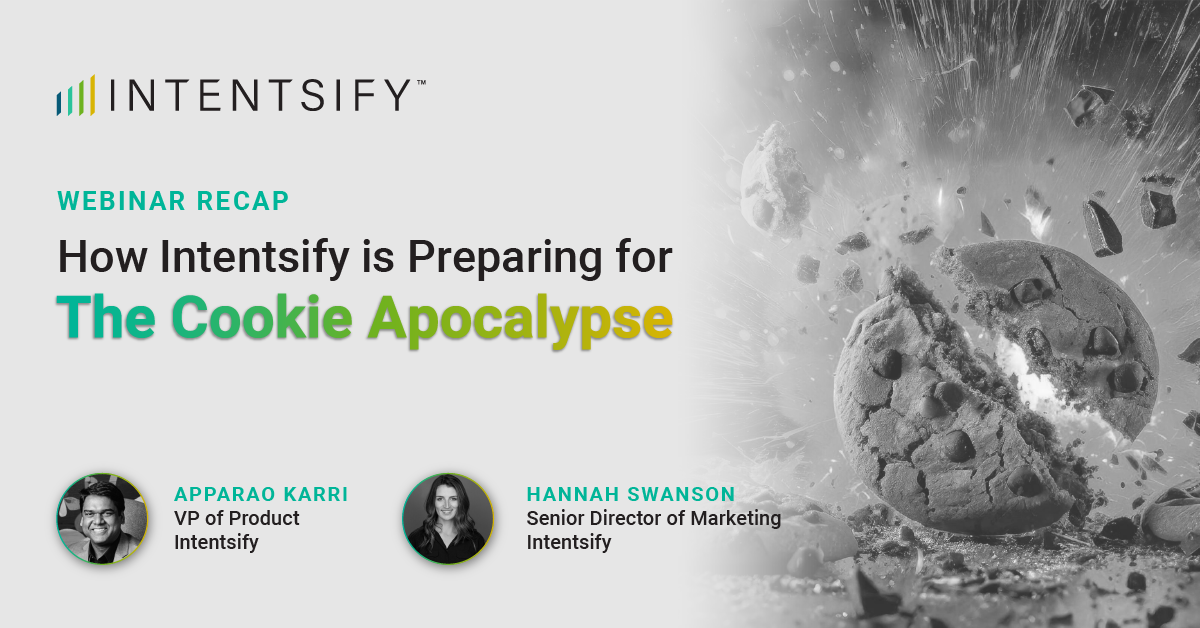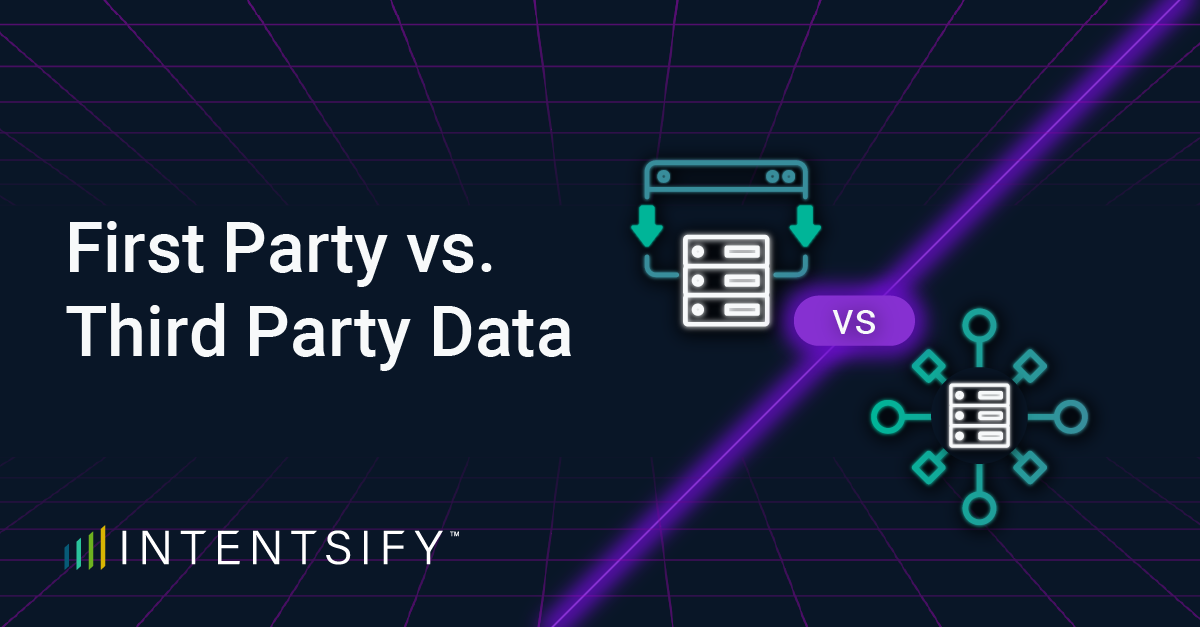In today’s digital marketplace, the saying ‘knowledge is power’ hits harder than ever. But in the world of digital marketing, this power comes with a catch — finding the right balance between using data for personalization and respecting privacy concerns. For those running digital campaigns, navigating this balance is becoming a tricky challenge.
The Rise of Privacy Legislation and Data Protection
Data privacy isn’t just tech talk anymore; it’s a big deal for everyone and it’s sparking new laws all over the globe. Think GDPR and CCPA – these rules are changing the game, making sure companies are super careful with our info and ask us nicely before using it.
Thanks to these laws, privacy rights are getting the spotlight they deserve. Now, digital marketing must be clear about how they use our data. Saying “no thanks” to tracking is easier than ever, and those third-party cookies that used to track us everywhere online? They’re on their way out
The Privacy Paradox in Digital Advertising
So, the privacy paradox in digital marketing is all about balancing what we like and keeping our digital lives private. We all love it when the internet magically knows we’re in the market for new shoes, but we don’t want our personal info ending up on some marketer’s spreadsheet. Marketers must get creative to navigate this tricky situation without sinking into a sea of rules and anonymous data.
And with the big web browsers saying goodbye to cookies, it’s even tougher for marketers to keep ads personal without following our every digital move. So, as the rules around user data tighten up, the world of personalized ads is figuring out how to stay relevant.
Strategies for the Privacy-Conscious Marketer
This big change is pushing marketers to be super agile and think ahead. Remember when everyone used to say ‘context is king’? Well, it’s making a comeback, refreshed and pumped up, shining the way for privacy-first digital marketing. What this really means is we’re moving towards contextual advertising. Ads will fit the theme or content of the page they’re on, instead of annoyingly following every little bit of personal data.
But, bringing back contextual marketing is just one piece of the puzzle. We’re also diving into tech that respects privacy, like differential privacy and federated learning. These are cool because they let marketers get a sense of what people like, without snooping into every tiny preference. It’s a way to serve up relevant ads without getting all up in everyone’s personal business.
The Road Ahead for Personalized Marketing
The road ahead is full of challenges for sure, but it’s also packed with opportunities to innovate ethically. Think of the digital marketer of the future as someone who’s not just about the latest tech but also deeply cares about keeping user privacy front and center. It’s all about finding that sweet spot where privacy, personalization, and marketing gel together nicely, not clash.
The real magic of digital marketing? It’s in being flexible enough to adapt, having the integrity to protect user privacy, and knowing just how to grab people’s attention. Privacy isn’t just a side concern anymore — it’s the main event — and it’s changing how we connect online.
So, as digital marketing grows up, we’ve got to take the ethical side of things more seriously. The whole privacy issue isn’t just a tricky problem to solve — it’s a chance to lead a change. Marketers have got to steer the ship in a way that’s not only smart and innovative but also respectful of the people out there in the digital world.






